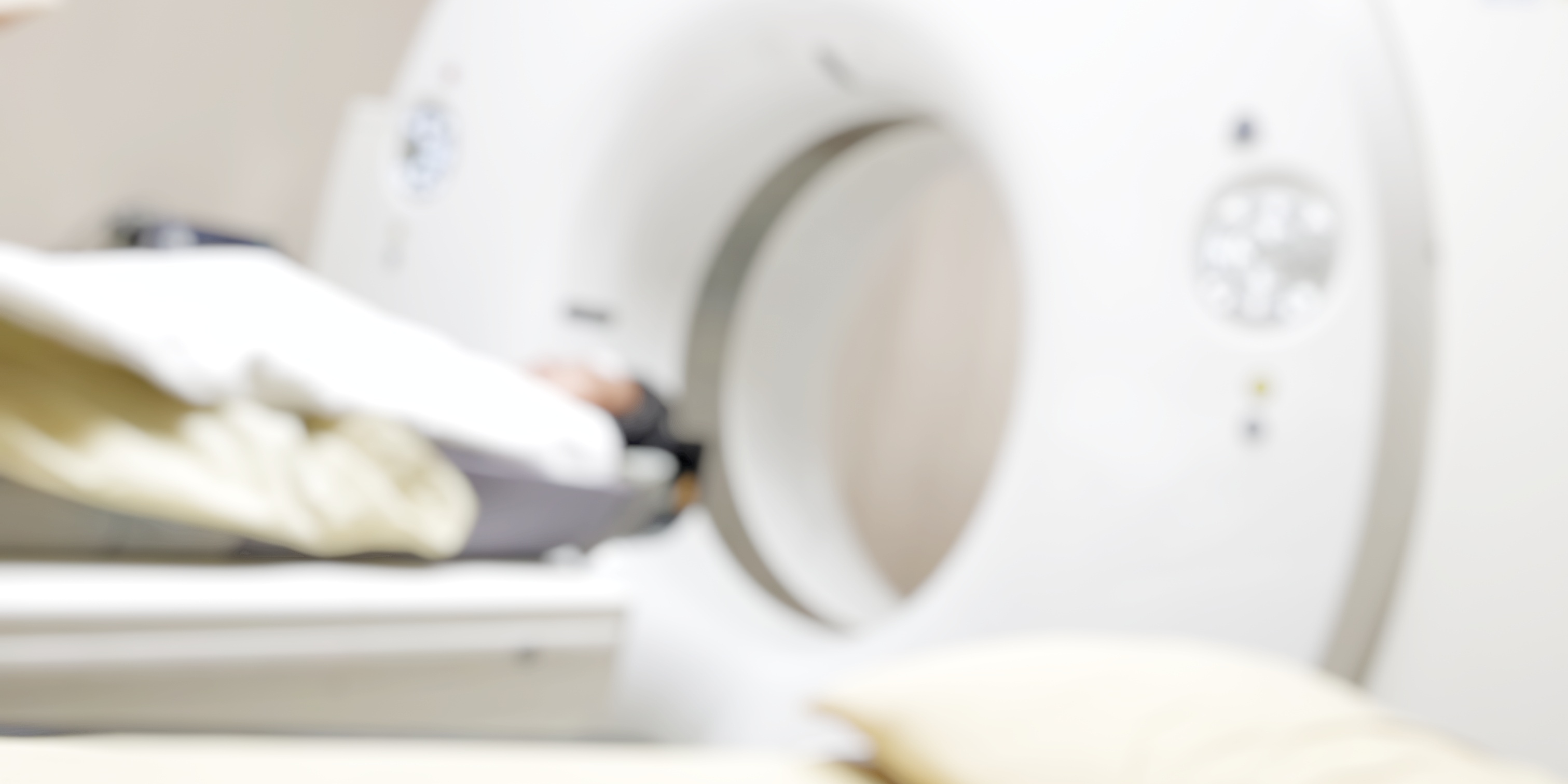
The Society of Radiographers has reacted positively to the news that thousands more scans have been made available out of hours at local health centres, but has warned that the government must invest in the radiography workforce to meet demand.
Earlier this week the Department of Health and Social Care (DHSC) announced that patients in England can now access scans out of hours in their area as 100 community diagnostic centres (CDCs) are open in the evenings and also during the weekend.
CDCs form part of the government’s Plan for Change scheme, which aims to move treatment from hospitals and into communities where possible.
Charlotte Beardmore, the SoR's executive director for professional policy, said extending CDC opening hours would allow for more flexibility for those seeking scans.
"The Society of Radiographers supports CDCs and the improvements they offer patients to access routine imaging investigations,” she said. “The location of CDCs makes it easier for patients to attend and, if CDCs are able to offer extended working hours, this is attractive to patients who are trying to balance work and home responsibilities.”
Ensure demand is supported
Ms Beardmore went on to acknowledge that an increased demand for imaging would naturally require more support for radiographers from the government.
“However, as the demand for imaging continues to grow, it is essential that capacity to deliver more imaging is increased,” she continued. “To support CDCs, the government must invest in the radiography workforce. This means investment in new NHS posts for radiographers to ensure all CDCs offer the capability, flexibility and the range of services for patients in their local community.”
“Without radiographers, CDCs cannot function.”
Wes Streeting, health and social care secretary, said the move was in line with the government’s aim to deliver healthcare that works for patients.
“This government is determined to offer healthcare that fits around working people’s lives and not the other way around,” he explained.
“From early morning MRI scans to late evening blood tests, we’re meeting patients where they need it most by extending the operating hours for community diagnostic centres and putting patients first.”
